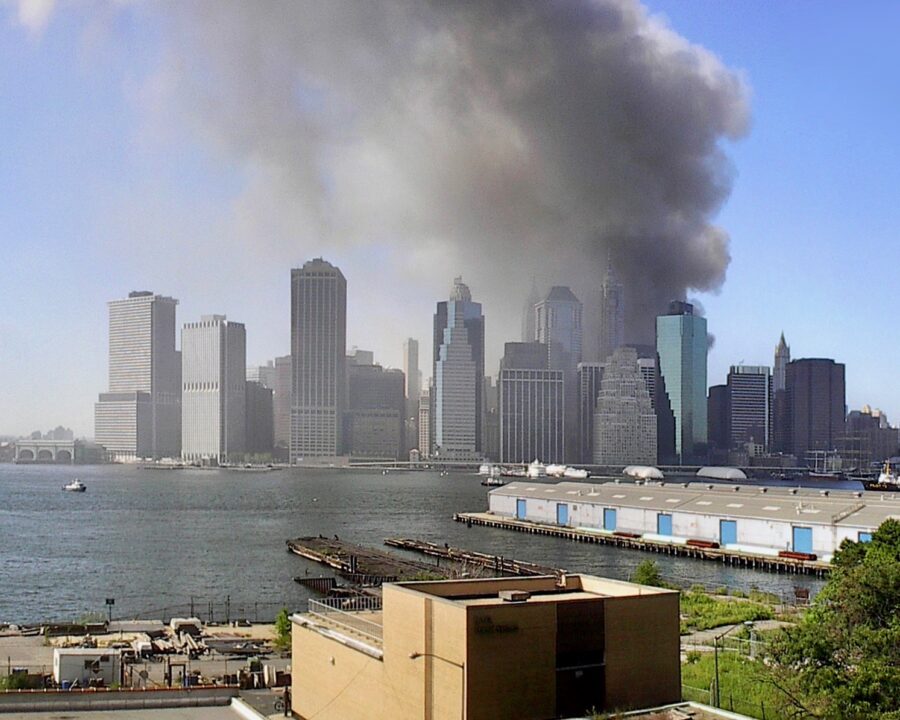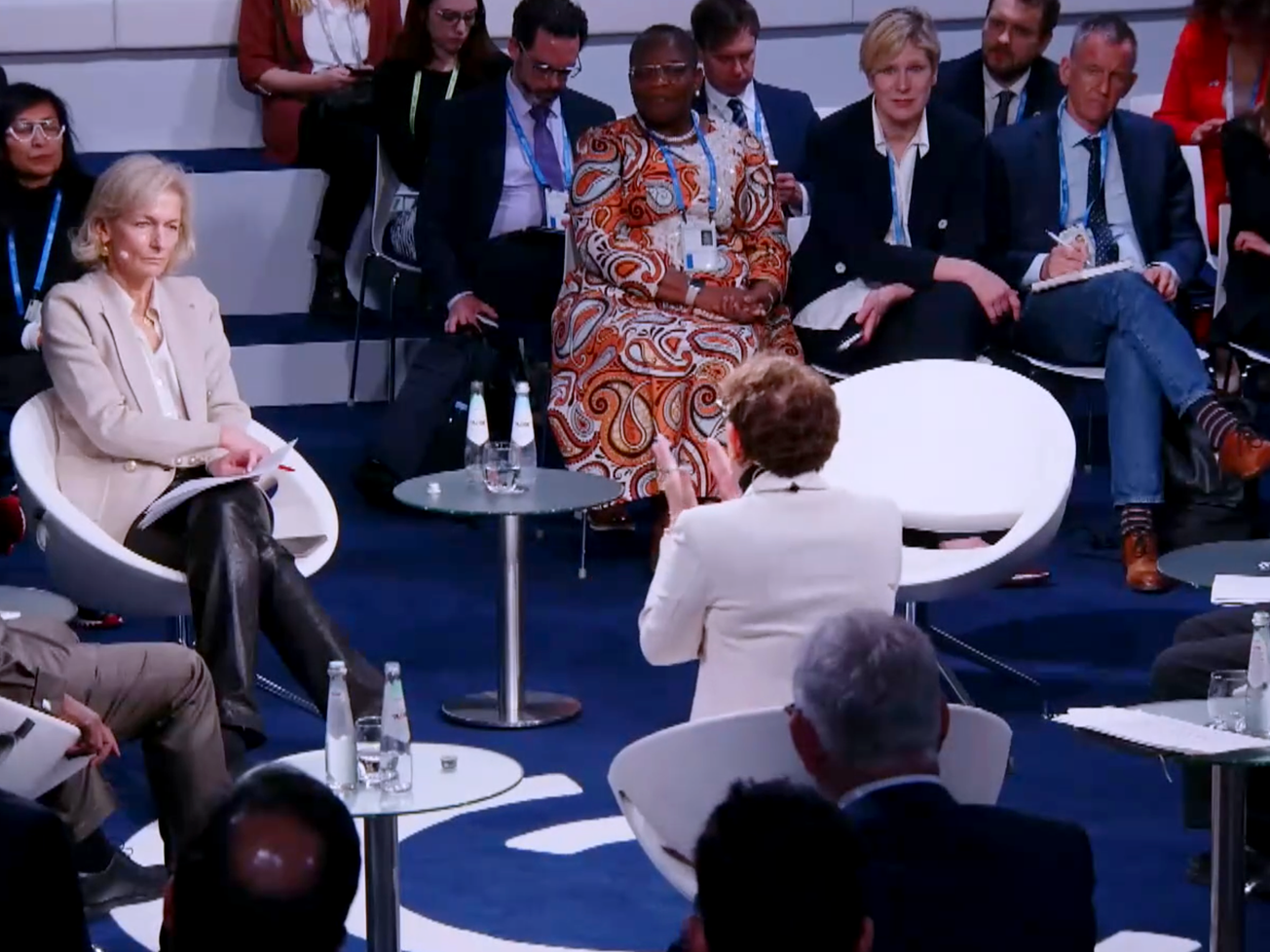UNITED NATIONS (AN) — A top counterrorism official advised the U.N. Security Council on Tuesday that terrorists are exploiting the coronavirus pandemic to fuel “racially, ethnically and politically motivated" violent extremism.
Vladimir Voronkov, the U.N. counterterrorism chief, said COVID-19 disruptions give terrorists a chance "to benefit from the setbacks to the development and human rights agendas, riding on the wavetops of polarization and hate speech amplified by the pandemic." His warning came at a meeting to commemorate a 2001 council resolution passed in the wake of the 9/11 attacks on the United States.
The resolution set up the council's Counterterrorism Committee, or CTC, and called on all U.N. member nations to criminalize terror financing, ban recruitment, travel and safe havens, freeze money for potential attacks and beef up international cooperation. Its passage represented "a seminal moment" when the world finally recognized the severity of the threat, said Michèle Coninsx, a Belgian jurist and assistant secretary-general of the Counter-Terrorism Committee Executive Directorate, or CTED, that supports CTC.
Voronkov, a Russian diplomat and undersecretary-general of the United Nations Office of Counterterrorism, or UNOCT, told the council that terror groups like al-Qaida, which killed nearly 3,000 people from 90 nations in the 9/11 attacks, have "proven resilient" over the past two decades by creating transnational operations with regional franchises that use social media to recruit followers.
The Islamic State extremist group, for example, still carries out attacks in Iraq and Syria and has been trying to reestablish its capability to carry out "external operations" — attacks on foreign targets — despite losing its self-declared caliphate, he said.
Islamic State affiliates are spreading to some regions of Southeast Asia and Africa, according to Coninsx, while "extreme right-wing terrorism is also a cause of increasing concern" and includes acts of racially and ethnically motivated violence.
🎬 Join us LIVE for @UN Security Council on Int. Cooperation in combating #terrorism.
— UN Web TV (@UNWebTV) January 11, 2021
Where are we 20 years after 9/11 & adoption of RES 1373 (2001)?
W/ @MfaTunisia @UN_CTED @UN_OCT
💬 #CounterTerrorism
🔗 https://t.co/RWdAuNbFeZ
🗓️ 12 Jan 🕣 8:30 AM EDT https://t.co/dicsde6U1d
'A stress test for international cooperation'
The U.N. officials said the sweeping economic and social shocks of the pandemic, which has infected more than 92 million people and killed nearly 2 million, are giving terrorists new opportunities for organizing attacks while challenging nations to cooperate.
"Terrorists have sought to exploit disruptions arising from COVID-19," Voronkov told the council less than a week after U.S. President Donald Trump incited a violent mob of "domestic terrorists" — the term widely used by many U.S. lawmakers and experts — to storm the U.S. Capitol and kill five people, including a Capitol Police officer, while seeking to overturn results of the November 3 presidential election that President-elect Joe Biden won fair and square.
"The threat has become even more difficult to prevent, with low-cost, low-tech attacks against soft targets by so-called lone wolves," Voronkov said of the growing menace of global threats. "Terrorists are adapting quickly, keen to exploit cyberspace and new technologies, linkages with organized crime, as well as regulatory, human and technical gaps in national capacities."
Those adaptations include tactics that appeal to "new groups across the ideological spectrum, including racially, ethnically and politically motivated violent extremist groups," he added. "The COVID-19 crisis has magnified these trends, just as it has been a stress test for international cooperation and solidarity."
Earlier in August, Voronkov warned the pandemic was being exploited to radicalize would-be terrorists and to target vulnerable computer networks used by hospitals and health care systems. On that occasion, the 15-nation council — which has five permanent, veto-wielding seats for Britain, China, France, Russia and the United States — met to discuss ties between terrorists and organized criminals taking advantages of new opportunities arising from the pandemic.
Phishing websites, many targeting hospitals and health care systems, spiked by 350% in the first quarter of 2020, Voronkov told the council, the most powerful arm of the 193-nation world body. “The pandemic has the potential to act as a catalyst in the spread of terrorism and violent extremism by exacerbating inequalities, undermining social cohesion and fueling local conflicts,” he said.







